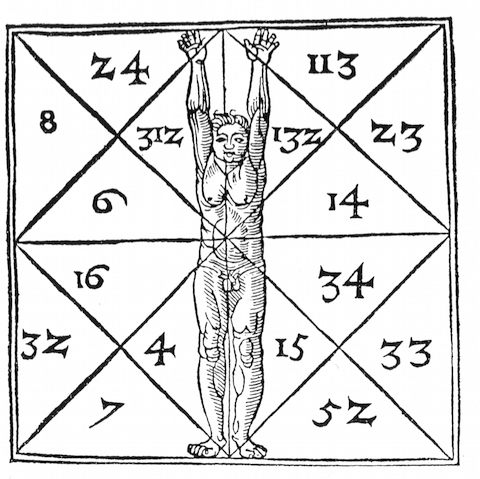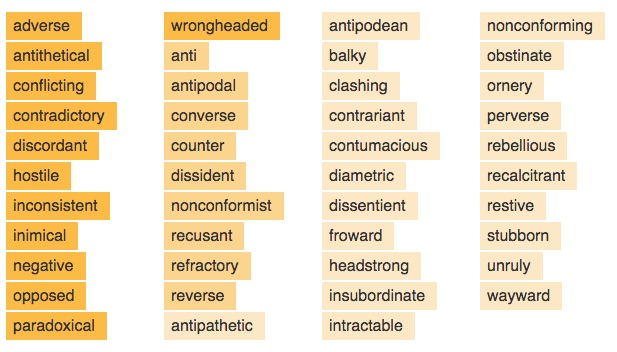Pushing ideas further
Here’s what I learned as an analyst: research broadly and do not stop at one idea. The job of an analyst is write about what is not known. This requires primary research — that is, talking to people in the market you’re involved in, or collecting data about it. It also requires analysis, which is…







